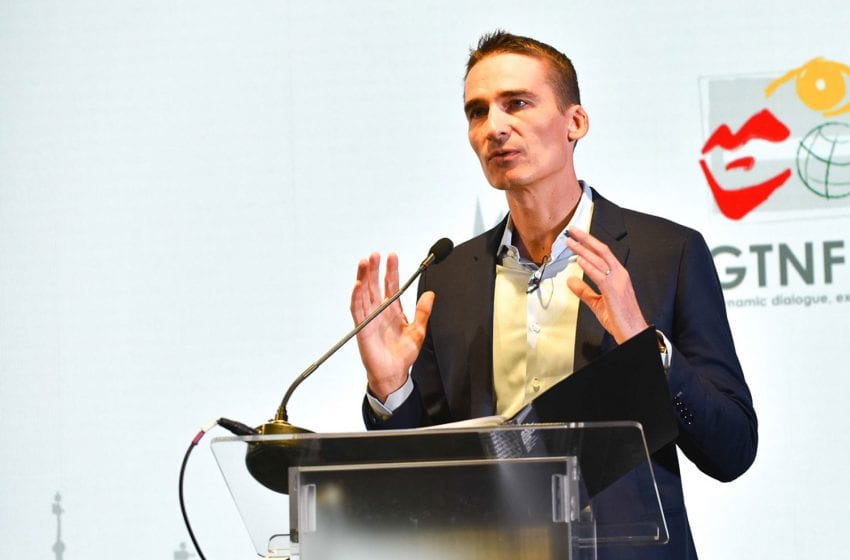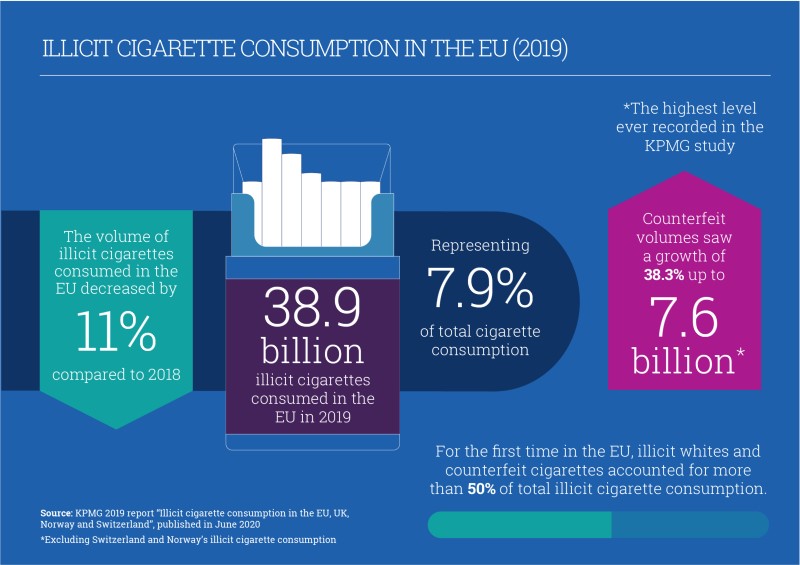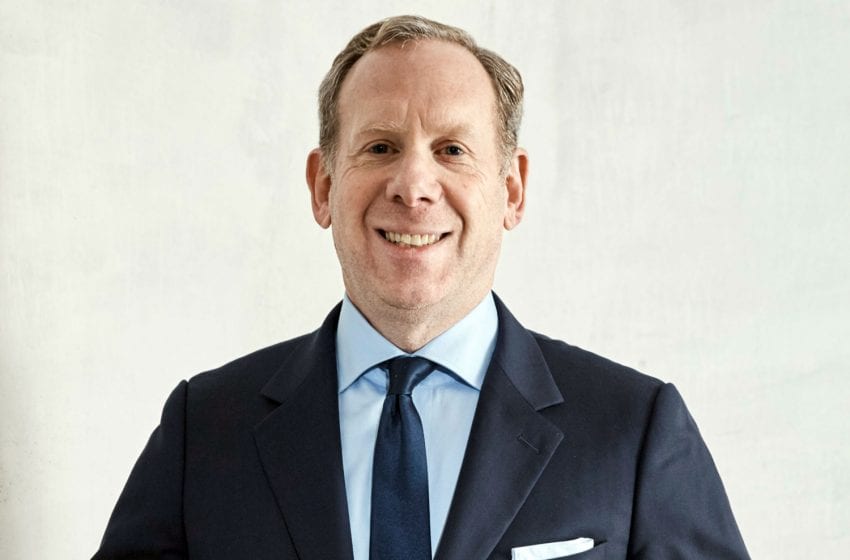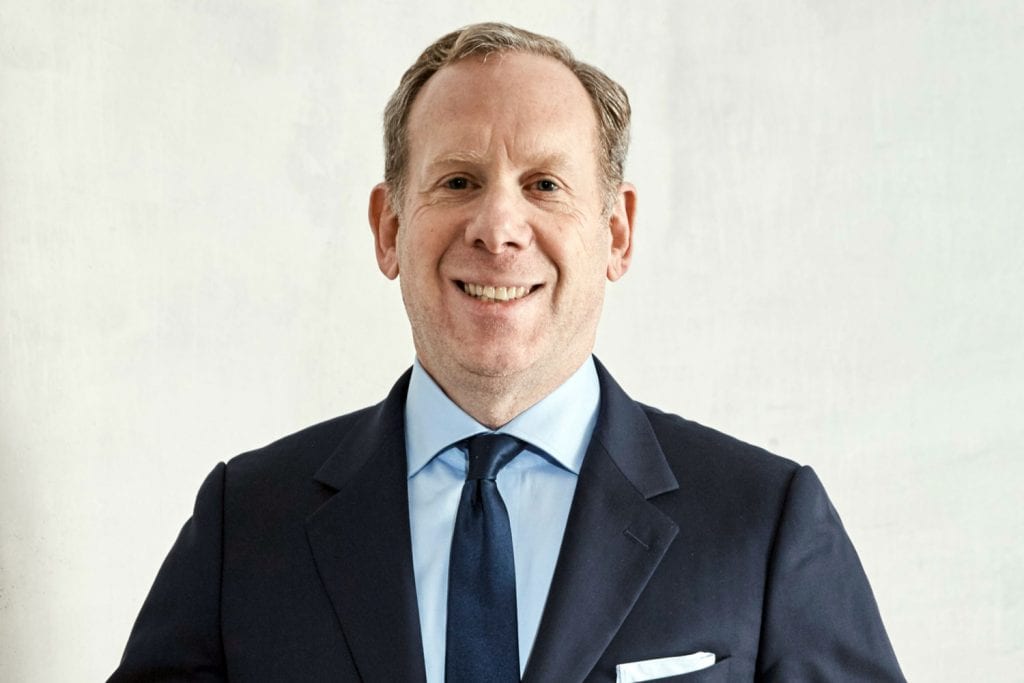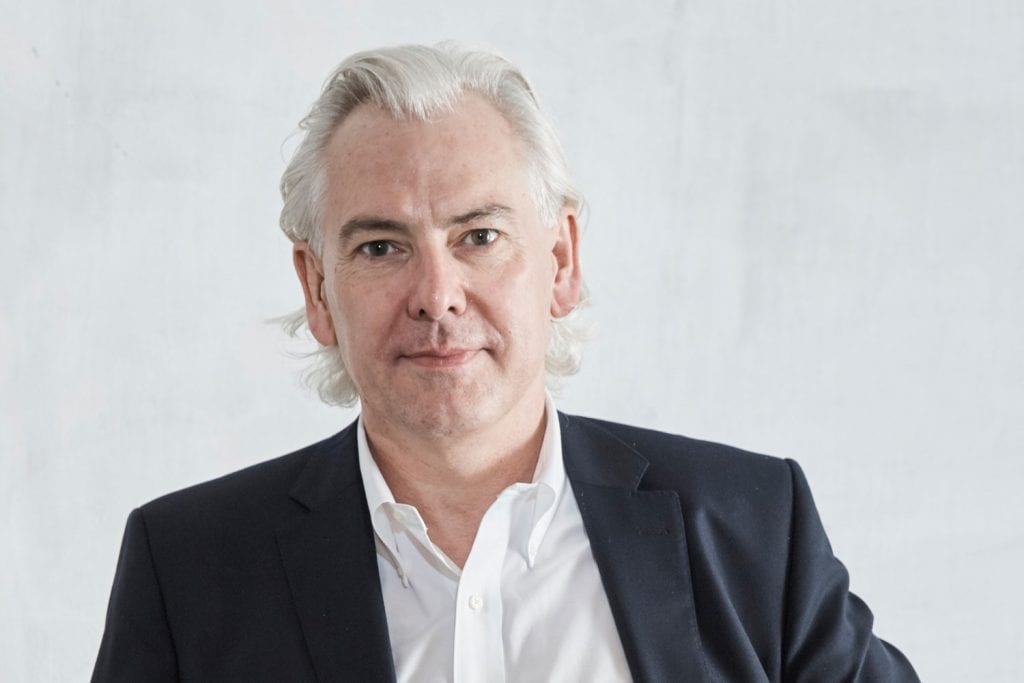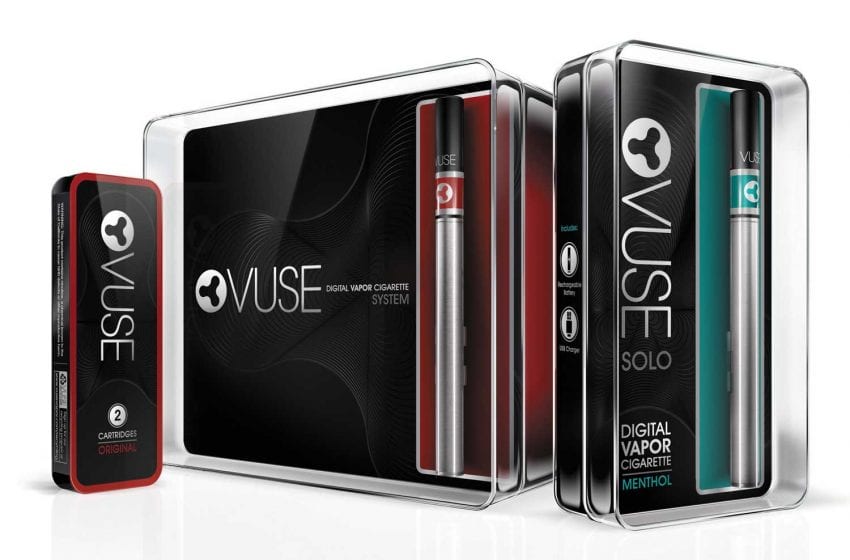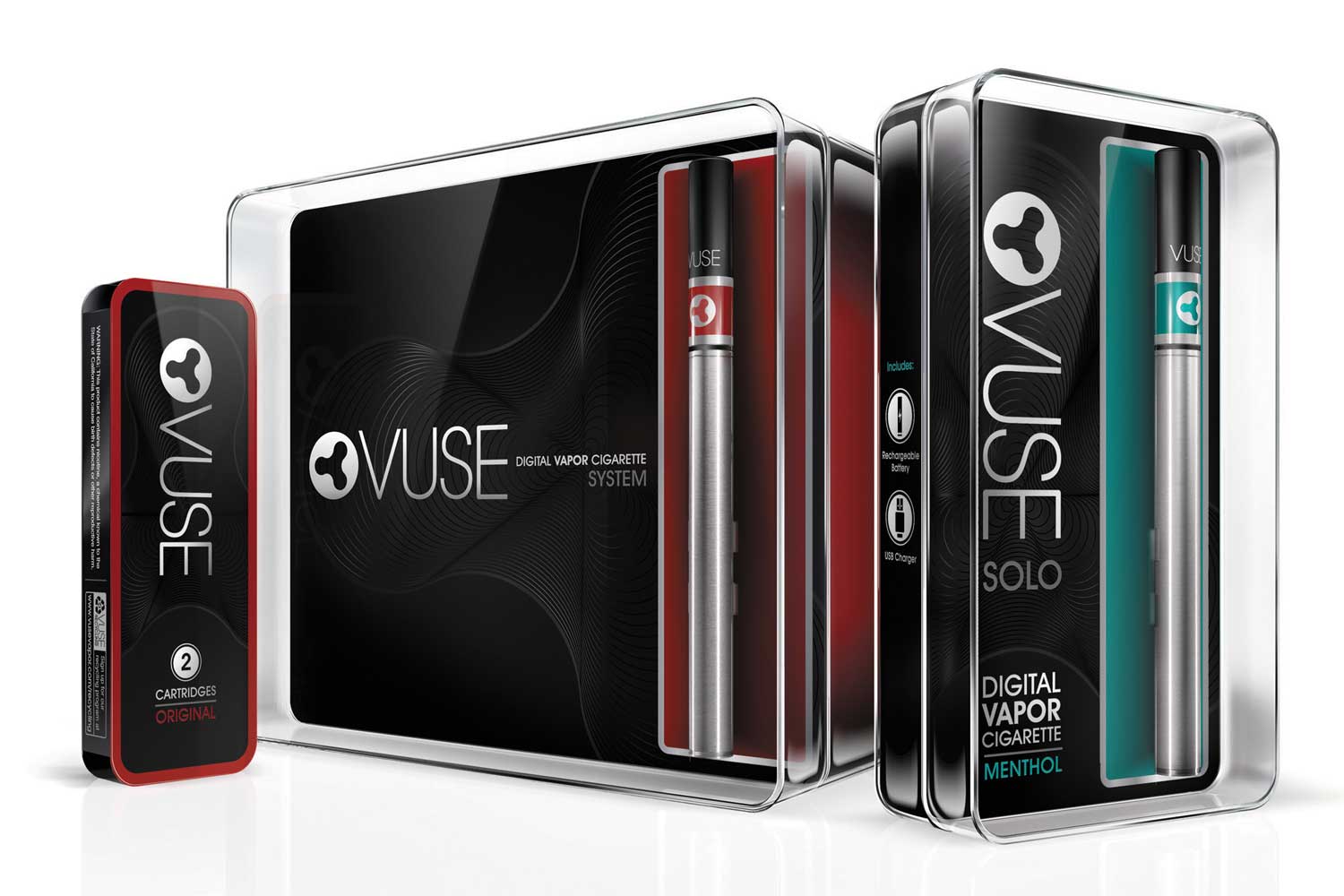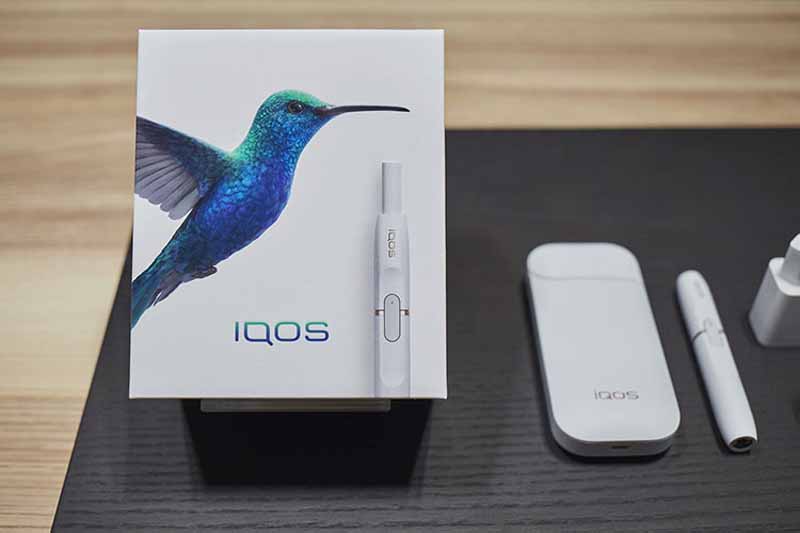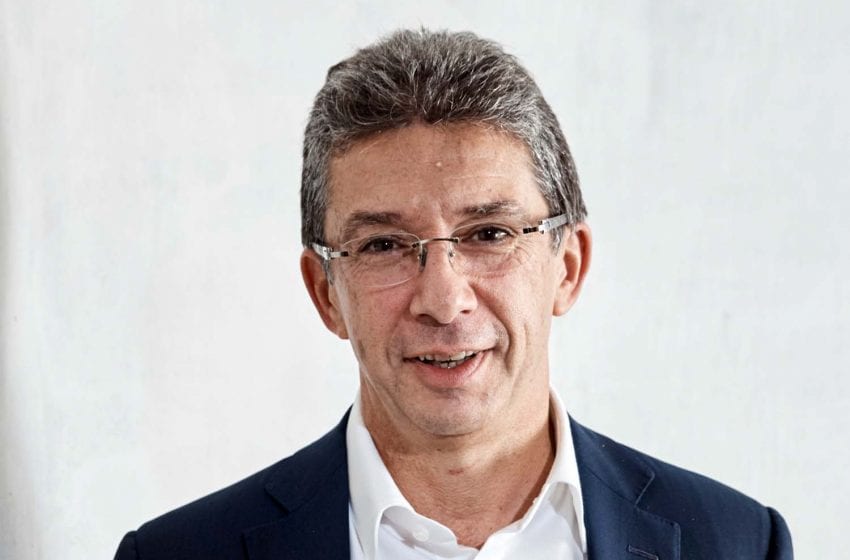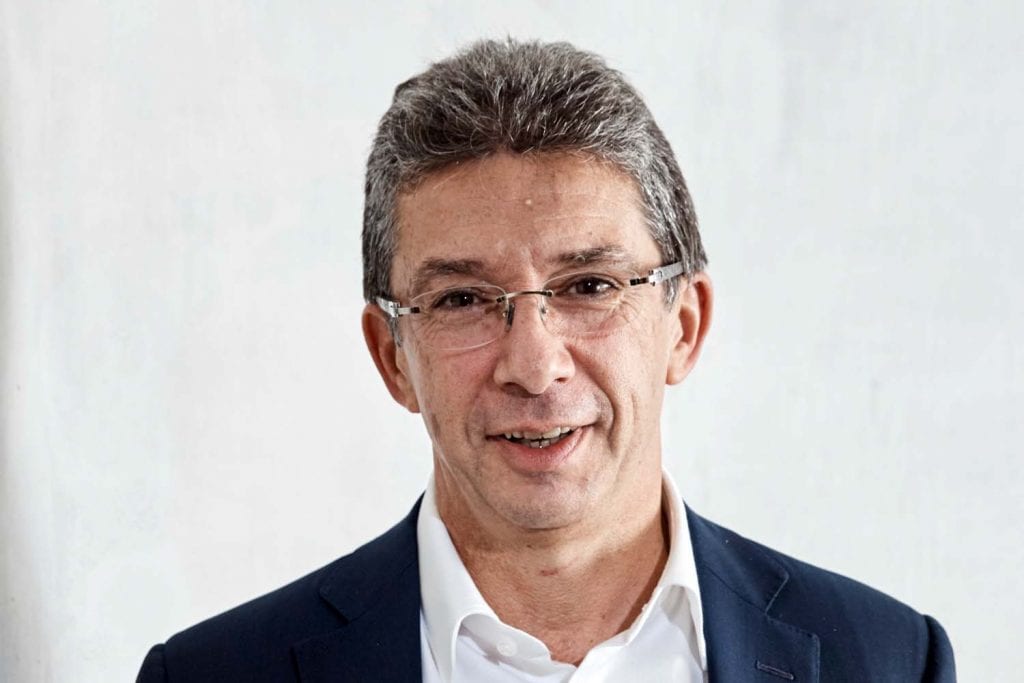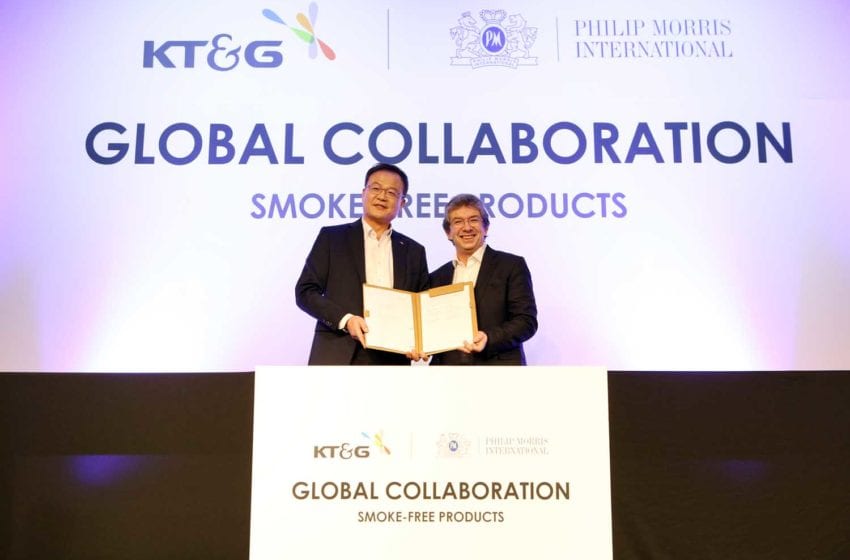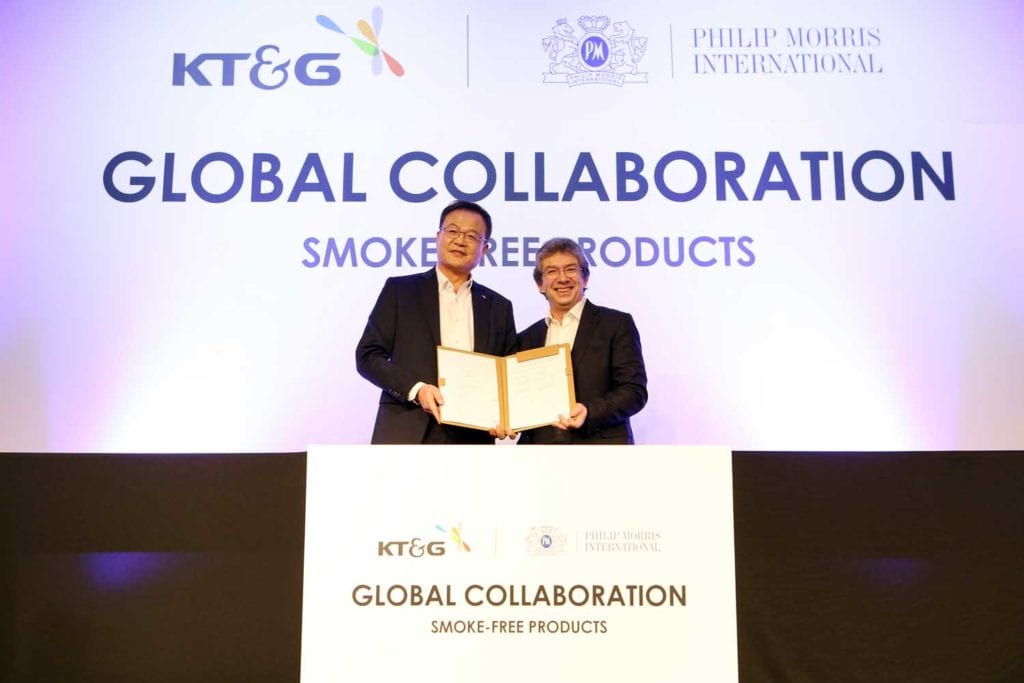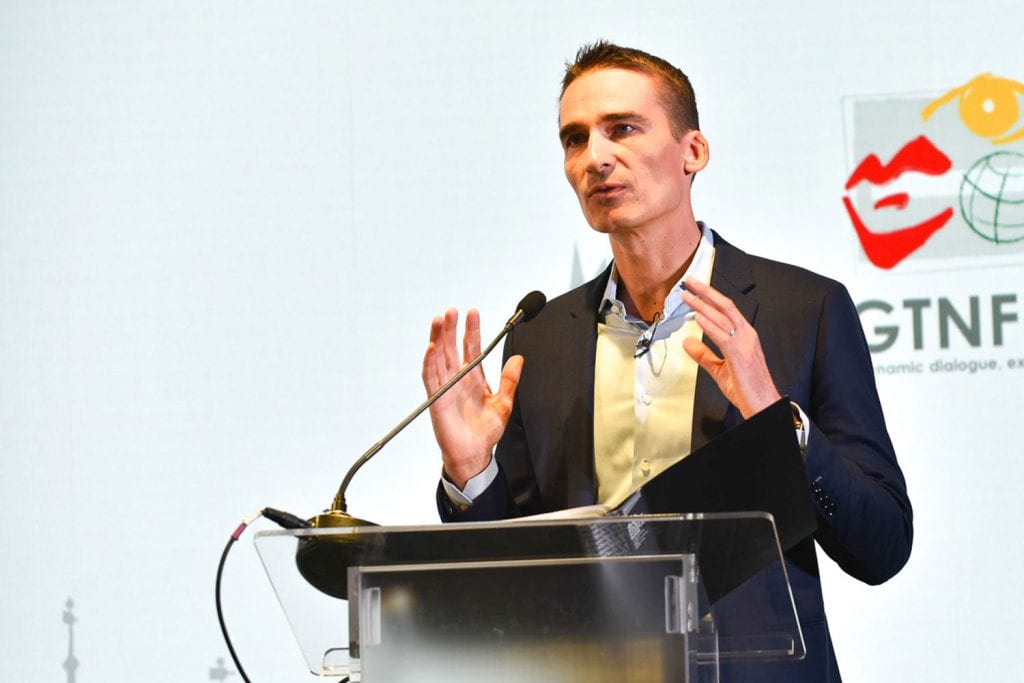
Photo: Dave Parker
Philip Morris has told Irish retailers it made a mistake in labeling its new Marlboro Bright brand as a “menthol blend’ in a trade press advertisement, reports The Irish Times.
The company introduced Marlboro Bright after menthol cigarettes became illegal across the European Union on May 20. The new brand replaces the company’s old Marlboro Green cigarettes.
Writing in Retail News, Peter Nixon, the managing director of Philip Morris for the U.K. and Ireland, said the advertisement should not have run.
The ad for retailers had described Marlboro Bright as “the Marlboro menthol blend—without methylation.”
Nixon said “methylation” was a typo that should have read “without menthol.” He insisted Marlboro Bright is a traditional cigarette without menthol and thus in compliance with the ban.
Public health advocates have been watching the tobacco industry’s actions closely in the wake of the EU ban. Earlier, Japan Tobacco International (JTI) was criticized for continuing to use menthol during the manufacturing process of its Silk Cut Choice Green brand.
JTI insisted this is legal as long as the additive does not result in a characterizing smell or taste in the cigarettes other than tobacco.
The Health Service Executive is investigating if any tobacco companies are in breach of the menthol ban.
The Irish market for menthol cigarettes was worth €250 million ($282.82 million) prior to the ban.

